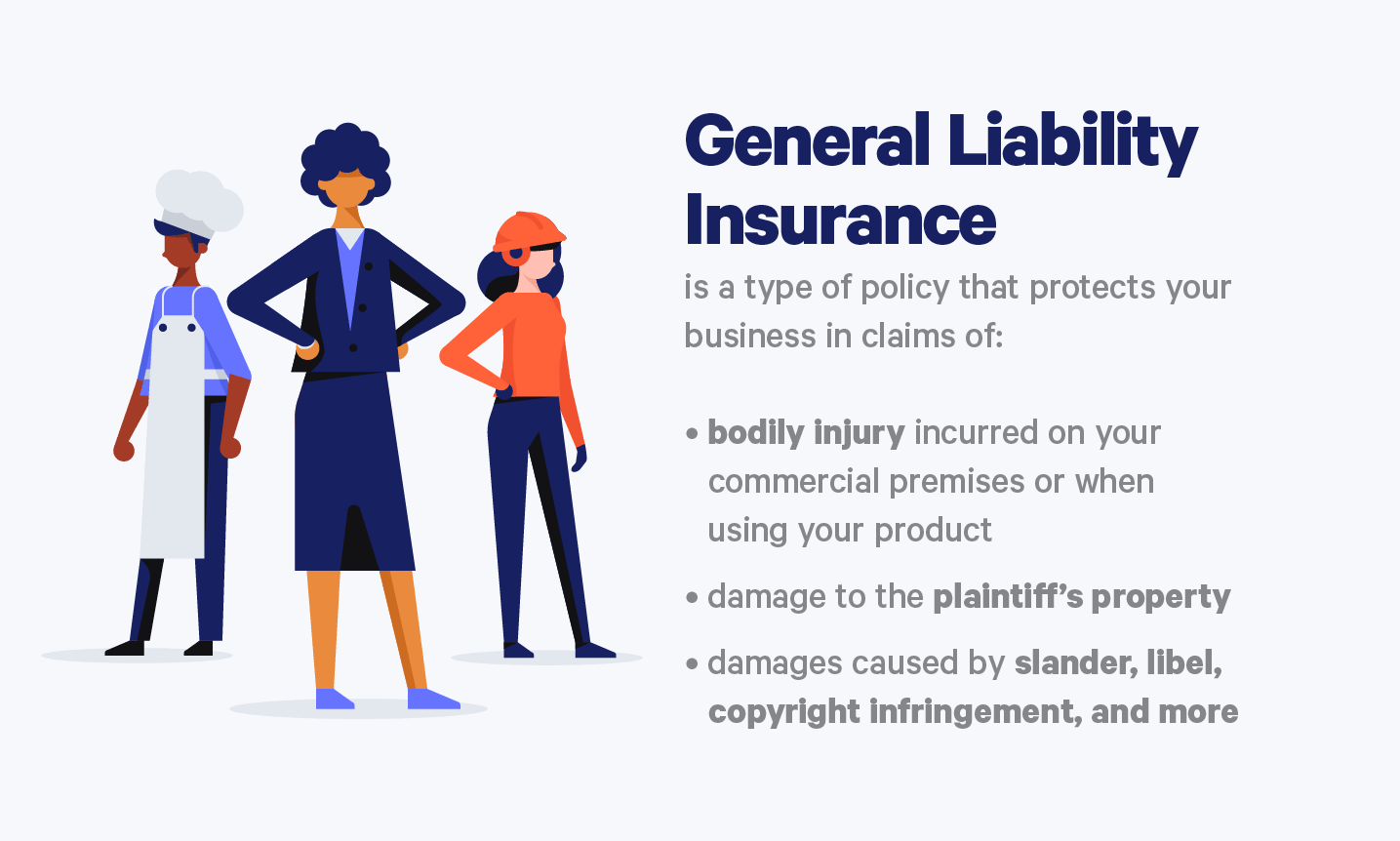Insightful Journeys
Explore a world of knowledge and information.
Insurance Coverage Confessions: What Your Policy Isn't Telling You
Uncover the secrets hidden in your insurance policy! Discover what your coverage isn't telling you and protect yourself today!
The Hidden Exclusions: What Your Insurance Policy Doesn't Mention
When reviewing your insurance policy, it's essential to go beyond the basic coverage details. Many consumers overlook the hidden exclusions buried deep within the fine print. These exclusions can significantly impact your coverage when you need it most. For example, while your policy may cover fire and theft, it might exclude certain valuable items such as antiques or jewelry. Understanding these exclusions will help you determine if additional coverage is necessary to protect your assets adequately.
Moreover, some policies may contain exclusions related to specific circumstances, such as natural disasters or certain types of damage. For instance, many homeowners' insurance policies do not cover flood damage, which can be surprising for those living in flood-prone areas. As outlined by the Federal Emergency Management Agency (FEMA), it's crucial to assess your policy's terms and consider supplemental insurance if needed. Always consult with your insurance agent to clarify these hidden exclusions and ensure that you have the coverage you genuinely need.

Decoding Deductibles: How They Affect Your Coverage
Deductibles play a crucial role in how insurance policies are structured, affecting both the cost and the type of coverage you receive. A deductible is essentially the amount you are required to pay out-of-pocket before your insurer starts covering your claims. For instance, if you have a health insurance policy with a $1,000 deductible, you'll need to cover the first $1,000 in medical expenses before your insurance kicks in. This can significantly influence your financial liability and coverage options. To learn more about how deductibles work in health insurance, check out this informative guide from HealthCare.gov.
When evaluating different insurance policies, it’s essential to consider how the deductible aligns with your financial situation and healthcare needs. Higher deductibles often lead to lower monthly premiums, making them appealing for those who are generally healthy and expect to have fewer medical costs. Conversely, lower deductibles might be better for individuals who anticipate frequent medical care, despite the higher premiums. Understanding the balance between these two elements can help you make informed decisions about your coverage. For additional insights on choosing the right deductible, visit Investopedia.
Are You Underinsured? Common Misconceptions About Insurance Limits
Many people underestimate their insurance needs, leading to a situation where they may be underinsured. One common misconception is that state minimum coverage is sufficient. In reality, these minimal limits often do not cover the full extent of potential damages. For instance, if you're involved in an accident that results in costly medical bills or extensive property damage, state minimums can quickly fall short. It's crucial to regularly assess your coverage to ensure it aligns with your current lifestyle and assets. For a comprehensive overview of insurance limits, visit Nolo.com.
Another error that many individuals make is equating lower premiums with adequate coverage. While it might be tempting to opt for a plan with cheaper rates, these often come with significantly lower coverage limits, leaving you vulnerable in the event of an accident or claim. Additionally, some may believe that their existing policies are sufficient because they have never had to file a claim. This misconception can lead to harsh realities when faced with unexpected expenses. To better understand how to evaluate your coverage, consider consulting resources like Insurance.com.